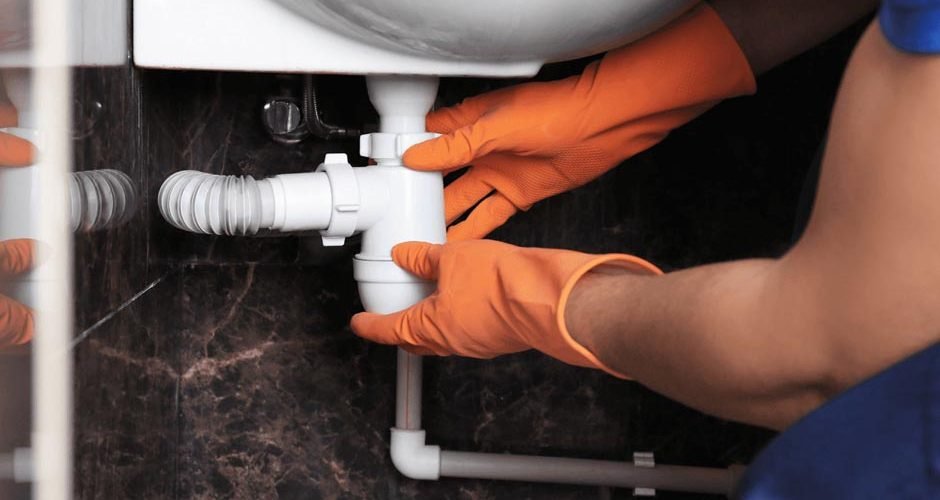Plumbing emergencies can be expensive, unpredictable, and overall, a hassle to deal with. Often when emergencies arise homeowners will need to enlist professional help to undo the damage done to their plumbing systems. An easy way to avoid the stress and heavy costs of plumbing emergencies, is for homeowners to monitor plumbing systems themselves. Regular checks and maintenance are easy to complete, however, often the hardest part is knowing what exactly to look for.
Frozen Pipes
During the winter months frozen pipes can be a serious plumbing emergency. Due to plummeting temperatures water inside of pipes can freeze, not only does this limit water flow throughout your property but it also causes the pipe to expand. When a pipe expands too much tremendous pressure is placed upon the joints, this causes them to pull apart and break.
To prevent pipes from freezing one of the best methods is insulation, especially for outdoor piping or pipes placed in cooler areas of the home, like lofts and garages. Pipe lagging is a low cost and accessible solution, simply cut the lagging to the appropriate length and split open one side. Now slide the lagging onto the desired pipe and use plastic cable ties to secure tightly.
Blocked Gutters
Contrary to popular belief plumbing isn’t restricted to interior drainage systems, exterior drainage requires adequate plumbing systems to function properly. Roofing plays a huge roll in exterior drainage and problems with these systems are often easily overlooked.
Guttering is a main system that requires constant monitoring and maintenance to ensure rainwater can be directed away from a home. Gutters can easily become blocked with foliage; this can be especially common during autumn and winter when leaves are falling, and the weather is more unpredictable. When gutters are blocked with foliage it prevents water drainage, which over a period can result in damage to gutters and even worse, roof leaks. Gutters can easily be cleared at home with a ladder, bucket, small trowel, and gloves. Simply climb to the top of the ladder and scoop out the foliage. However, this can be a daunting task for those lacking experience working at a height, so help from professionals should be enlisted to safely clear your gutters.
Clogged Drains
Food waste is one of the biggest offenders when it comes to clogged drains, it is also one of the easiest problems to prevent. Simply using a sink plug drainer is a good first step in preventing unwanted food waste from entering drains. If you’re looking to alleviate the problem altogether then a good place to start is by preventing starch from entering your sink.
Foods rich with starch, like pasta, rice, and noodles, can be particularly cumbersome when entering pipes. These foods easily cling to the sides of pipes and due to their high-water absorbency rate, they carry on expanding when water in contact with water. As the food particles grow, they become gloopy and eventually block the drain. But this isn’t just starch, remember even some liquids can clog drains, fats and oils are the main culprits of this. Often homeowners pour hot fat down sinks after they have finished cooking as an easy method of disposal. However, this is far more detrimental to the health of drains than it may appear. When met with the cold pipes the fat hardens creating a sticky build up inside of pipes that food particles can easily stick to and clog the drains. Clogged drains affect the whole household plumbing system, as well as causing bad smells and potential contamination, so it is important to prevent them.
Overall, food and liquids, aside from water, should be prevented from being disposed down drains altogether. However, this isn’t necessarily realistic so to prevent this from happening homeowners can regularly clear their pipes. To do this start by pouring hot water down the sink, followed by baking powder and vinegar, leave this for ten minutes with the plug in. Then pour another jug of boiling water down the drain to flush out any remains. Do this every few months to ensure there are no unwanted clogged pipes or leaks.





